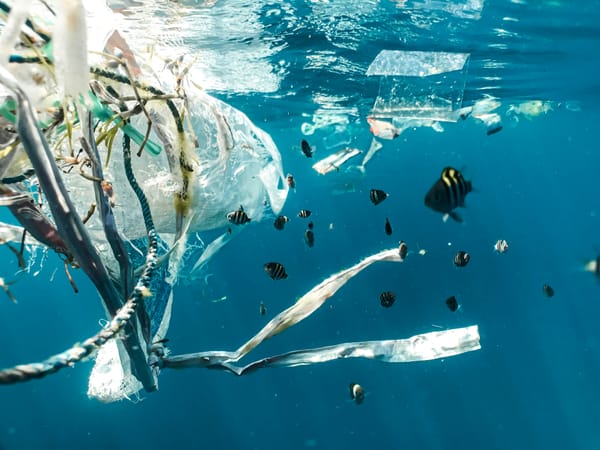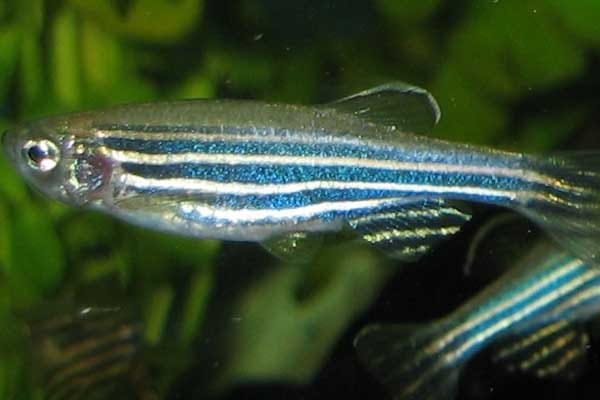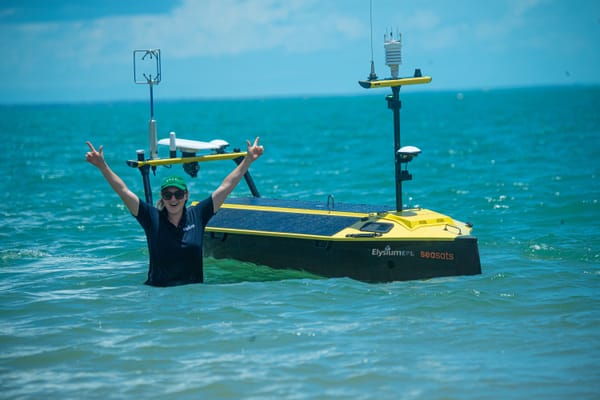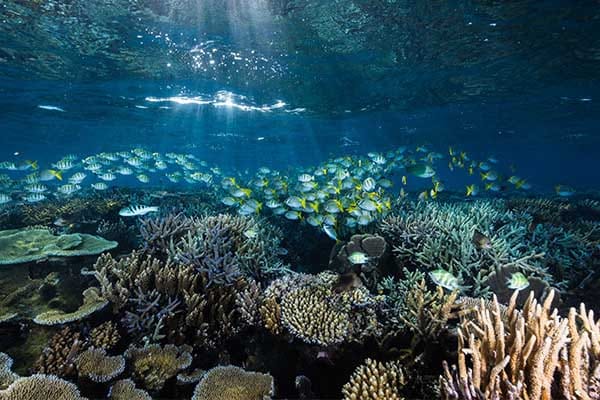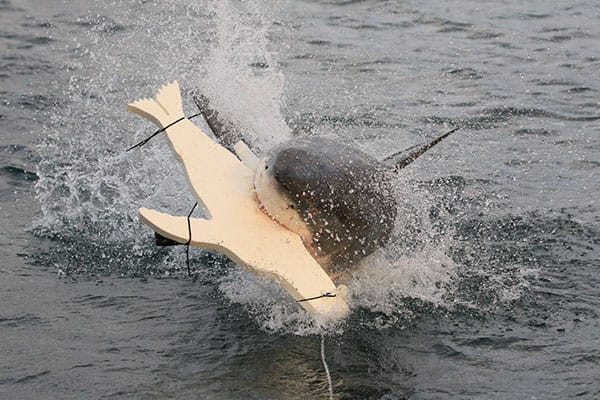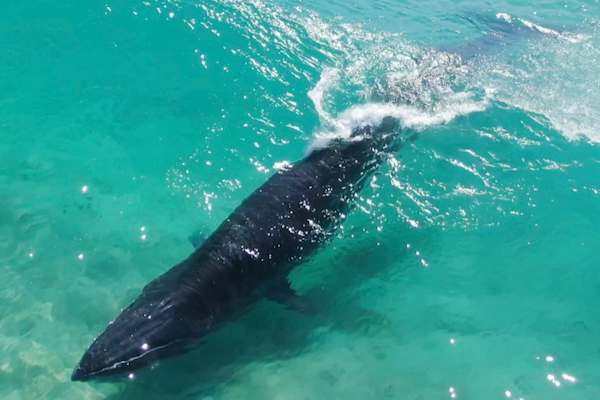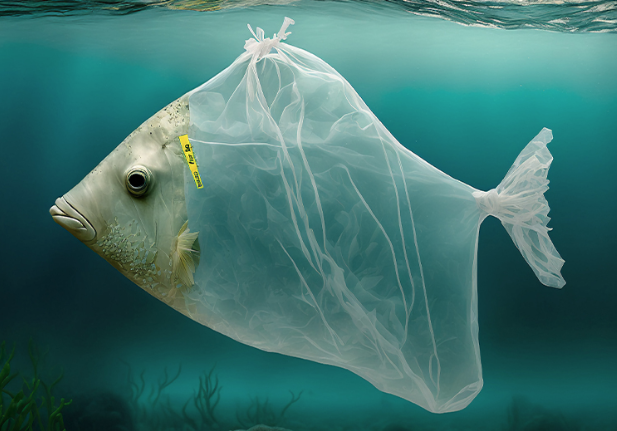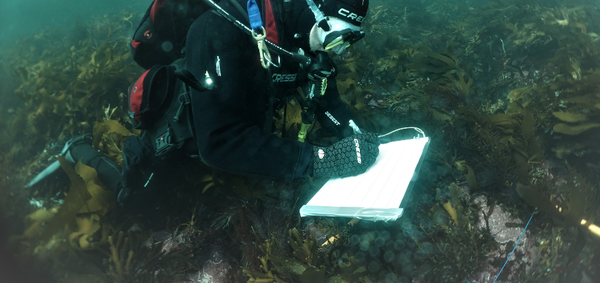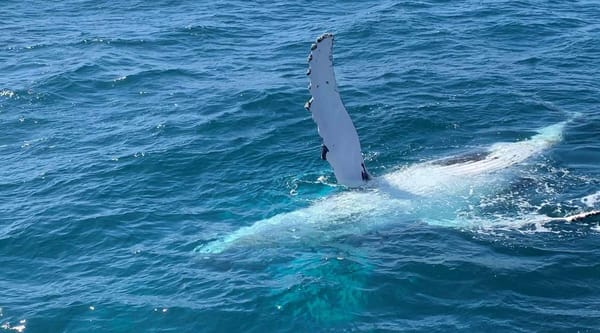
University of the Sunshine Coast
How whale song unlocks the psychology of tourism: new findings
As Australia’s east coast tourism industry dives into a new whale migration season, a study has revealed the emotional and behavioural effects on people who hear the sounds of the ‘awe’-inspiring marine mammals.

